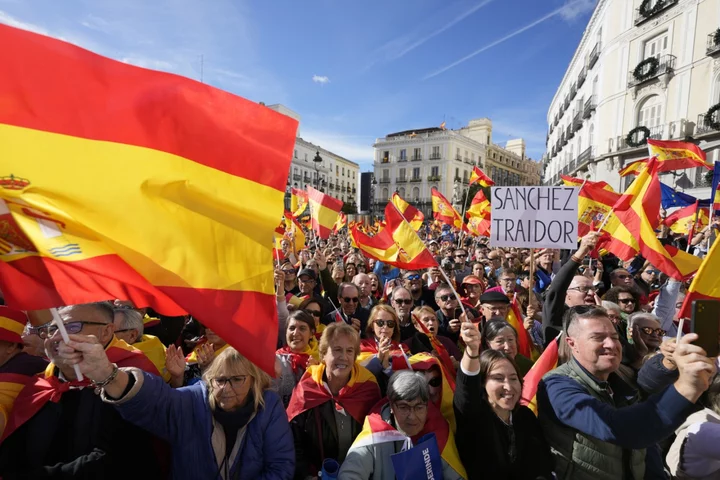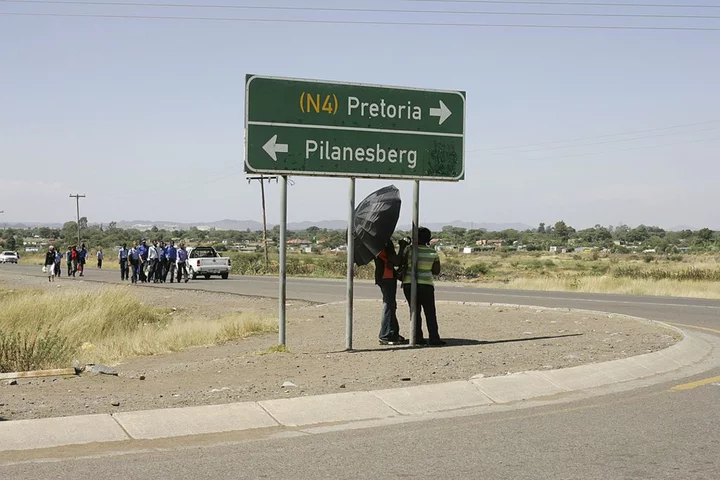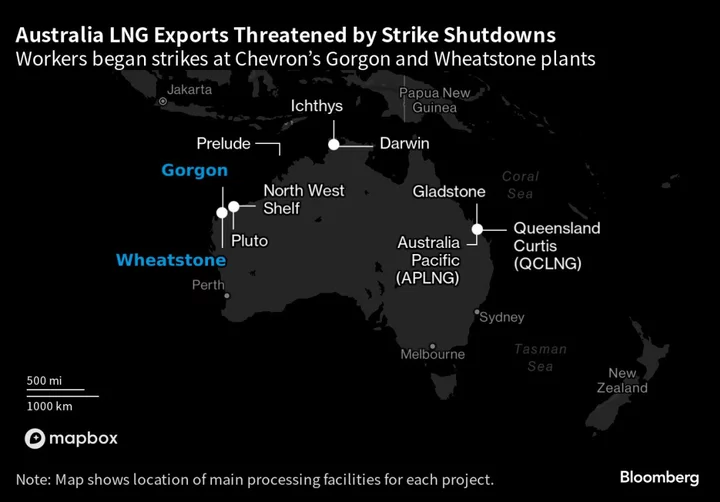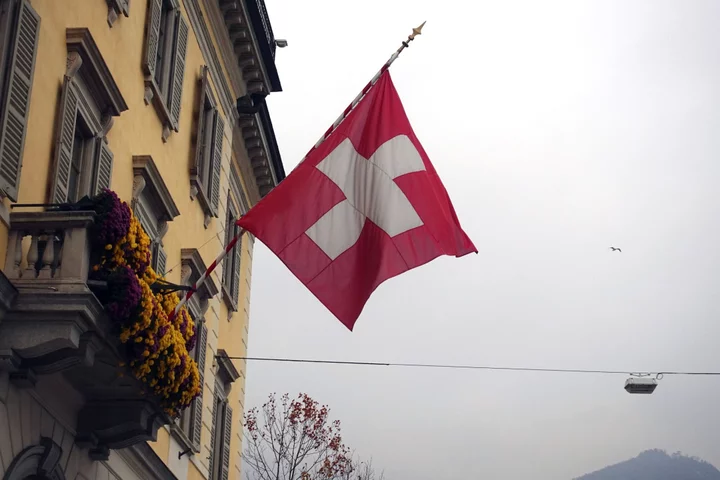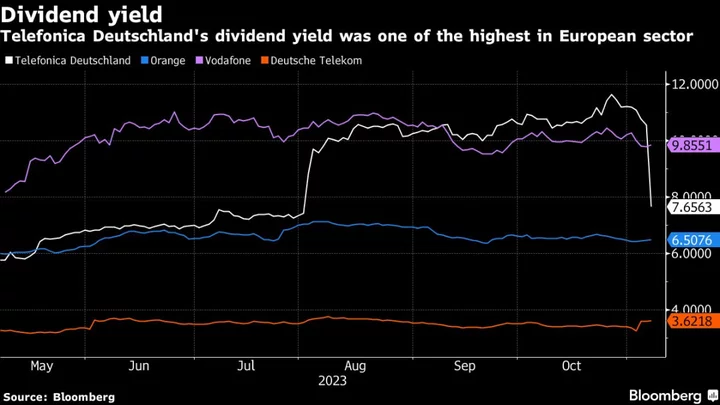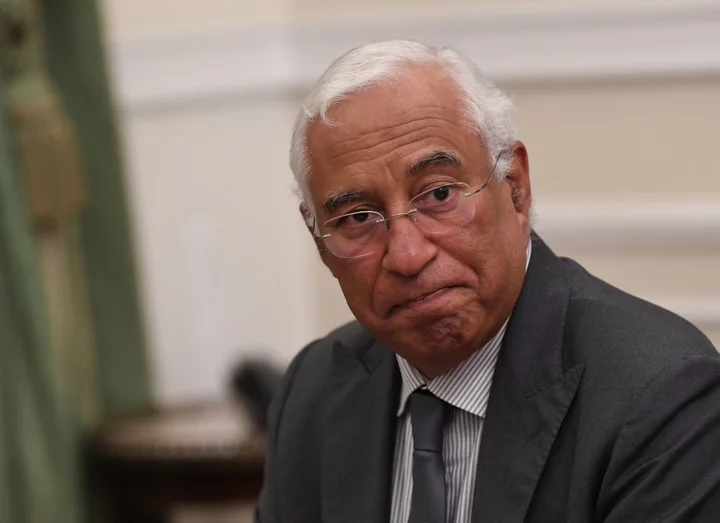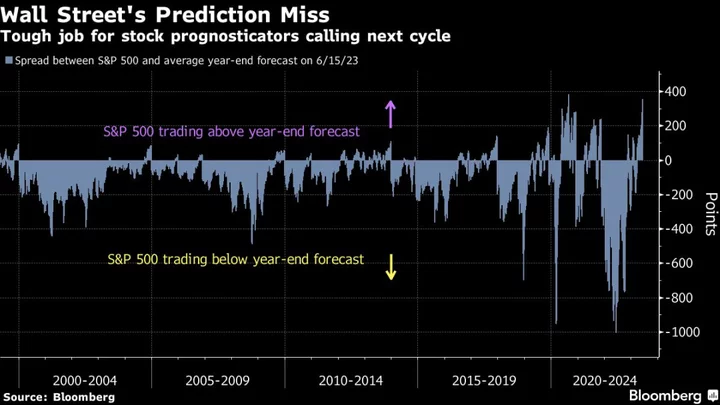Tens of thousands of people gathered in central Madrid and other major Spanish cities to protest against acting Prime Minister Pedro Sanchez‘s plans to grant amnesty to hundreds of Catalan separatists involved in a failed bid for independence.
The demonstration, called by the conservative opposition People’s Party, sought to increase the already intense pressure on Sanchez. He is set to seek a new term in a parliamentary vote this month after securing a deal with a separatist Catalan party that gives him a majority in return for the amnesty.
It’s the latest chapter in Spain’s political drama stemming from July’s election, when the People’s Party won the most seats in parliament yet not enough to form a government. Sanchez, meanwhile, must rely on the Catalans for support, and anger has erupted over his deal with one of the parties behind the region’s unilateral declaration of independence in 2017.
Sanchez infuriated the opposition and drew castigation from the judiciary on Nov. 9 when his Socialist party announced an agreement with Junts per Catalunya to present an amnesty law that will benefit hundreds of pro-independence activists facing charges for their involvement in the attempted breakaway. The People’s Party was in power at the time, and the government intervened by imposing direct rule over the region.
“I’m here to defend that we are all the same in front of the law,” said Javier Berlinches, a 27-year-old protester from Madrid. “Otherwise there will be first-class and second-class Spaniards.”
The government estimated 80,000 people attended the event in Madrid, while there were also demonstrations in Barcelona, Seville, Bilbao and Valencia. There were 271,000 people out in the streets in 15 cities nationwide, according to an estimate compiled by El Pais.
In Madrid, people on balconies around the main Puerta del Sol square were clapping and waving in support of the crowds wearing Spanish flags over their shoulders like capes. A woman in her 70s posed for photos with a sign that read “Spain, for sale, for 7 votes” in reference to the Junts lawmakers needed for Sanchez to be reappointed premier.
The protests come after a week of smaller evening demonstrations held outside the headquarters of Sanchez’s Socialist Party, with many ending in clashes with the police. In recent days, the People’s Party repeatedly called for Sunday’s event to be peaceful.
The potential beneficiaries of the law include mid- and top-ranking officials of the Catalan government at the time, school headmasters, small-town mayors and others. But the main beneficiary will be former Catalan President Carles Puigdemont, who has been in self-imposed exile in Belgium since leading the failed secession.
Puigdemont was personally involved in the negotiations with the Socialists. The law is expected to be filed as soon as next week, while Sanchez’s confidence vote is due by Nov. 27 to avoid another election. Sanchez needs 176 votes in the 350-member parliament. He currently has 179 from eight parties.
“This goes way beyond who voted for whom,” People’s Party leader Alberto Nunez Feijoo, said in a speech at the demonstration in Madrid. “This surpasses political parties.”
(Updates with protests in other cities in sixth paragraph.)

